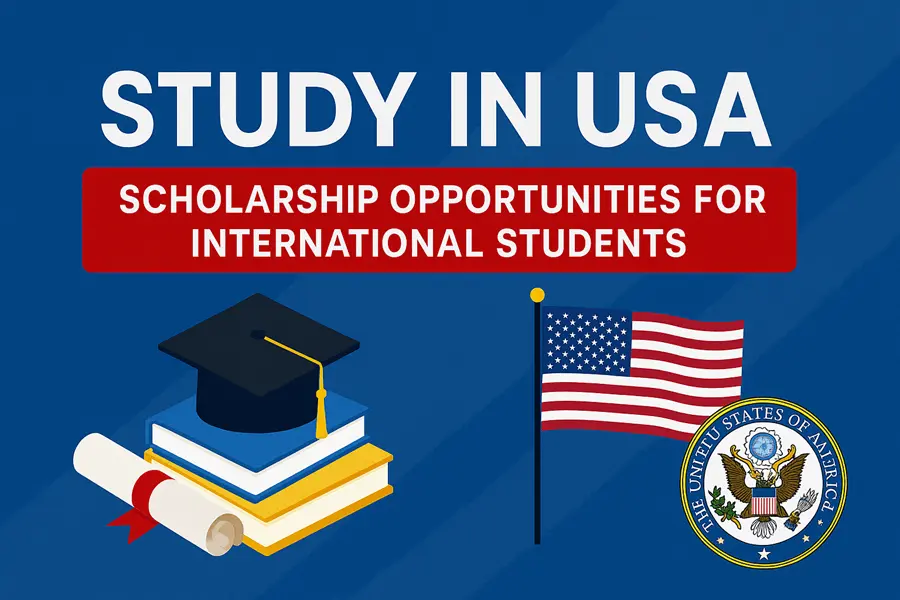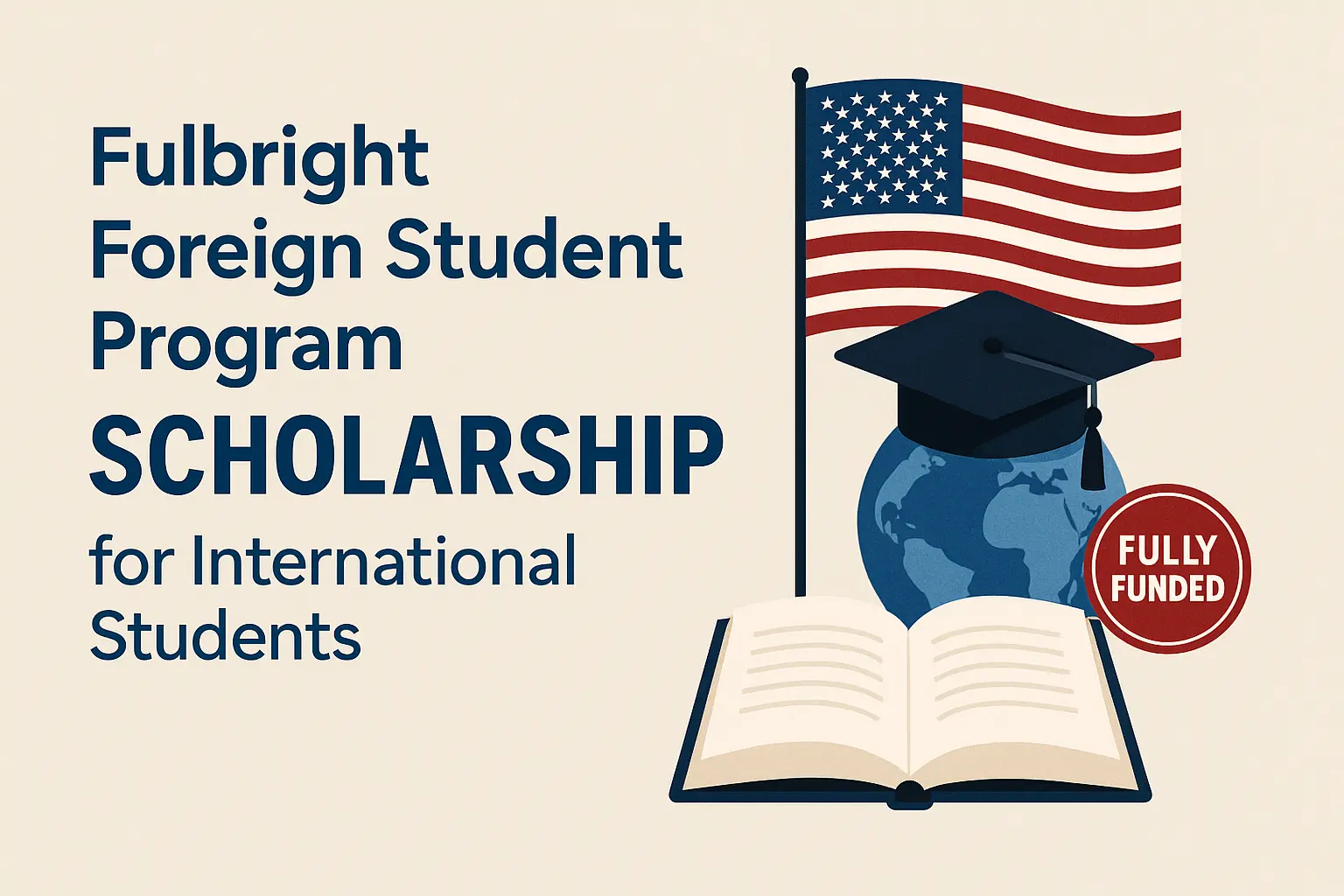Did you know that nearly 60% of Princeton University undergraduates receive financial aid, with the average grant covering full tuition for eligible students? In an era where higher education costs continue to rise, Princeton stands out as a leader in need-based financial support, ensuring that talented students from all economic backgrounds can access a world-class education.
Princeton University, one of the Ivy League’s most prestigious institutions, offers a robust financial aid and scholarship system designed to make education affordable. Whether you’re an undergraduate dreaming of a liberal arts education or a graduate student pursuing advanced research, Princeton provides substantial funding opportunities. This article explores Princeton’s financial aid programs, undergraduate and graduate scholarships, and key strategies to maximize your chances of securing funding.
Understanding Princeton University’s Financial Aid and Scholarship System
Princeton’s financial aid program is renowned for its generosity, operating on a need-blind admission policy for domestic students. This means that a student’s ability to pay is not considered during the admissions process. Instead, the university commits to meeting 100% of demonstrated financial need through grants rather than loans, ensuring graduates begin their careers debt-free.
Need-Based Aid vs. Merit-Based Scholarships
Unlike many universities that offer merit-based scholarships, Princeton focuses exclusively on need-based aid for undergraduates. The rationale is simple: Princeton believes that financial circumstances should not limit access to education. Graduate students, however, may encounter both need-based and merit-based funding, particularly in the form of fellowships, assistantships, and external grants.
How Princeton Calculates Financial Need
Princeton’s financial aid office assesses a family’s ability to pay using factors such as income, assets, family size, and other financial obligations. The expected family contribution (EFC) is determined, and the university covers the remaining cost through grants, work-study opportunities, and, in rare cases, small loans.
No-Loan Policy
A hallmark of Princeton’s financial aid is its no-loan policy. While many colleges include student loans as part of their financial aid packages, Princeton replaces loans with grants that do not need to be repaid. This policy significantly reduces the financial burden on students and their families.
Princeton University Scholarships for Undergraduate Students
Princeton’s undergraduate financial aid program is among the most generous in the nation. Here’s a breakdown of the key components:
1. Princeton Financial Aid Grant
The cornerstone of undergraduate aid, the Princeton Financial Aid Grant, covers tuition, room, and board for students from families earning up to $100,000 per year. Families with incomes up to $150,000 may also receive substantial aid, often paying only a fraction of the total cost.
2. Additional Grants and Stipends
Beyond tuition, Princeton offers additional grants for books, travel, and personal expenses. The university also provides a summer savings waiver, recognizing that some students may not be able to contribute from summer earnings due to unpaid internships or research opportunities.
3. Special Scholarships and Endowments
While Princeton does not offer merit-based scholarships, several endowed funds provide extra support for students with exceptional financial need or those from underrepresented backgrounds. Examples include the Davis International Scholars Program and the Mellon Mays Undergraduate Fellowship, which supports students pursuing doctoral studies in humanities and social sciences.
4. External Scholarships
Princeton encourages students to apply for outside scholarships, which can further reduce their financial burden. The university adjusts its aid package to accommodate external awards, ensuring students benefit fully from these opportunities.
Princeton University Scholarships for Graduate Students
Graduate funding at Princeton varies by department but is equally robust. Most doctoral students receive full funding, while master’s students may need to explore additional resources.
1. Fellowships and Assistantships
Doctoral students typically receive a full-tuition scholarship, a stipend for living expenses, and health insurance. Funding often comes from:
- University Fellowships: Awarded based on academic merit.
- Research Assistantships (RAs): Funded by faculty grants, allowing students to contribute to cutting-edge research.
- Teaching Assistantships (TAs): Provide stipends in exchange for teaching undergraduate courses.
2. Department-Specific Funding
Some departments, such as the Woodrow Wilson School of Public and International Affairs, offer additional fellowships. The Knight-Hennessy Scholars Program, though external, is another prestigious option for graduate students across disciplines.
3. External Grants and Fellowships
Graduate students are encouraged to apply for national and international fellowships, such as the NSF Graduate Research Fellowship or the Fulbright Program. Princeton’s Office of Research and Project Administration assists students in securing these competitive awards.
How to Apply for Princeton Financial Aid
For Undergraduates
- Submit the FAFSA and CSS Profile: Required for need-based aid consideration.
- Provide Tax Documentation: Ensures accurate assessment of financial need.
- Meet Deadlines: Early Action and Regular Decision applicants must submit financial aid materials by November (for early applicants) or February (for regular decision).
For Graduate Students
- Check Department Requirements: Funding processes vary by program. https://alumni.princeton.edu/thanks-to-you/scholarships-fellowships
- Apply for Fellowships Early: Many have deadlines a year in advance.
- Consult the Graduate School Office: They provide guidance on university and external funding.
Conclusion
Princeton University’s commitment to affordability makes it a standout choice for students seeking a top-tier education without crippling debt. From its no-loan undergraduate policy to fully funded doctoral programs, Princeton ensures that financial barriers do not hinder academic potential.
If you’re considering Princeton, start your financial aid application early and explore all available resources. The investment in your education here pays dividends for a lifetime.
Thought-provoking question: In a world where student debt exceeds $1.7 trillion, should more universities adopt Princeton’s no-loan financial aid model?
By understanding and leveraging Princeton’s scholarship opportunities, you can turn the dream of an Ivy League education into a reality.








